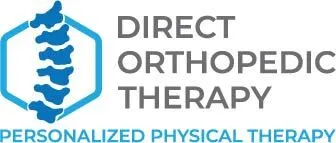These injuries affect the soft tissues of the body and include nerves, tendons, ligaments, and muscles. Repetitive stress injuries can also be known as repetitive motion disorders, cumulative trauma disorders, and overuse disorders.
Repetitive stress injuries may include:
- Carpal tunnel syndrome
- Bursitis
- Tendinitis
- Tennis elbow
- Ganglion cyst
- Tenosynovitis
- Trigger finger
- Kneecap displacement
- Displacement of the knee joint
Causes
Repetitive scratch injuries are most commonly caused by
- Daily uninterrupted action
- Playing tennis requires you to move your body in an unusual way.
- Daily overstretching of body parts
- Improper posture when doing office work
- Muscle fatigue
Common sites of injury
The most common injury in repeated stress injuries is to the organs that perform daily functions, such as our arms, elbows, or shoulders.
- Hands and thumbs
- Foot and legs
- Hips and neck
Signs and Symptoms
Repetitive stress injuries often manifest as symptoms and signs of damaged organs, such as the liver.
- The affected area may experience pain, swelling, and reddening.
- Tingling or numbness in the affected organ
- The area suffers from a loss of flexibility, stretch, and strength.
- Although most people don’t have any visible signs or symptoms, they may still experience difficulty performing certain tasks due to the repetitive motion of an organ and permanent damage to soft tissues, such as muscles, nerves, tendons, and ligaments.
What can physical therapy do?
One of the best treatments for repeated injuries is physical therapy. Your physical therapist will recommend a series of exercises you can do daily. Before you start your activities, consult your physical therapist to ensure they don’t cause further injury to your soft tissue. If severe damage occurs, you can also use other treatments such as dry needling cupping, electrical therapy, or compression. Hot and cold packs can also reduce inflammation and increase the range of motion. Physical therapy for repetitive motion injuries aims to reduce chronic and acute swelling, decrease pain, and normalize mobility and function.
Conclusion
Repetitive stress injury cannot alter your lifestyle or affect your day-to-day job. However, physical therapy can help you manage the symptoms and improve your functional mobility to continue living your normal life.


